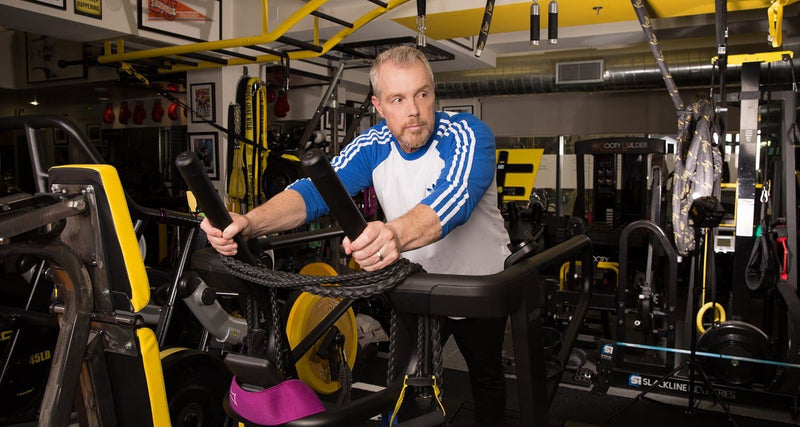More than likely, if you are reading this article, you have come to your wits end with your energy levels and are looking for alternatives to caffeine. With the FDA stating that four to five cups of coffee a day is a safe limit, some may find even that after drinking that amount of caffeine they still need more energy in the day.
Rather than reaching for that sixth cup of coffee that puts you over that 400mg of coffee threshold, it may be time to look for other ways to increase your energy and alertness.
How to get energy without caffeine
Below are five ways in which you can have a more natural energy boost without caffeine. While a cup of coffee can be enjoyable and a quick pick me up, unhealthy caffeine intake and reliance on caffeine can ultimately keep you feeling tired when you go without it. Making lifestyle changes and living a healthy lifestyle can significantly improve your energy level in addition to having positive impacts on your life.
Reduce caffeine dependence
The first step to getting more energy without caffeine is to curb caffeine addiction. Caffeine is classified as a stimulant, which by definition is a drug that increases activity in the nervous system, which in turn provides a sensation of alertness, wakefulness, and energy.
Like any addiction, it can be difficult to quit as your body can build up a dependence on the substance and experience withdrawal symptoms.
To understand the body's response to caffeine a little better, you need to understand the underlying mechanism of how caffeine works.
When you consume caffeine through tea, coffee, or energy drinks, the caffeine molecule is quickly absorbed into the bloodstream through the intestinal walls. The caffeine molecule is able to pass into the brain where it interacts with your neurons.
More specifically, caffeine blocks the binding of the neurotransmitter adenosine to its receptor. Normal adenosine function involves the gradual binding of adenosine throughout the day which helps you feel tired and go to sleep. With a night's sleep adenosine levels break down and the cycle starts over again. When caffeine comes in, caffeine inhibits the binding of adenosine, which results in a sense of alertness.
The build-up of caffeine dependence is caused by your body's attempt to adapt to caffeine. The neurons create more adenosine receptors to try and bind adenosine. Caffeine consumption can cause blood vessels in the brain to constrict slowing down blood flow. If you don't drink caffeine and you have a dependency, this decrease in caffeine opens up and increases blood flow to the brain which can cause headaches, one of the symptoms of withdrawal.
To increase your energy production without caffeine you need to re-establish your natural brain chemistry by avoiding caffeine. After a week or two, your body will naturally decrease the number of adenosine receptors and continue on with a fully functioning adenosine cycle.
Create good sleep habits
Without caffeine, you may now wonder how you're supposed to get through the day.
The first thing you should focus on to have more energy is to get the best night's sleep possible. Sleep has a restorative property within our body as many chemical and mental changes occur during sleep. Establishing good sleep habits is the best thing you can do for your energy level.
The first habit you should build is to create a consistent sleep schedule. Just like you are required to get to work on time, make sure you are disciplined about going to bed and waking up at the same time every day.
Sleep is commonly not a priority for people as they will stay up late watching movies, or wake up late on the weekends. While these may sound like a fun time, they are detrimental to your ability to have a good night's sleep. By establishing a strict routine, you are effectively training your body to subconsciously get tired and wake up based on the time of day, resulting in stable energy levels throughout the day.
The next sleep habit you should tackle is creating a morning and night routine. For your night routine, take 30 minutes before you go to bed to dim the lights and do something that does not utilize a screen, like nighttime yoga or meditation practice, a quick breathing exercise or listening to soothing music.
By reducing the amount of light exposure before you go to bed and doing a relaxation task, it can be easier to fall asleep once your head hits the pillow.
For a morning routine, you should try and do the opposite. Get as much light exposure as you can and get out of bed and move around. It can be tempting to pull the covers over your head and go back to sleep, but by creating a morning routine you can train yourself to instinctively get out of bed and get your day started.
If you don't get enough sleep, taking a power nap during the day can also help.
Getting enough sleep is a key component to having more energy without the utilization of stimulants like caffeine.



